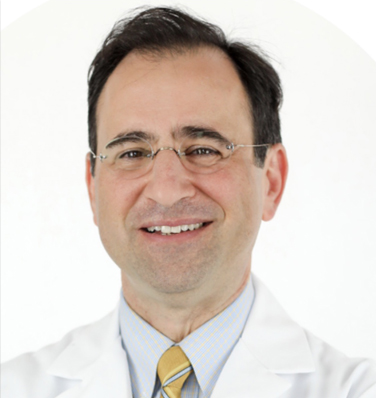
Department Chair Dell Medical School
Professor Neurology
David Paydarfar, M.D., is a professor and the inaugural chair of the Department of Neurology at Dell Medical School. He is also director of the Mulva Clinic for the Neurosciences. He previously served as professor and executive vice chair of the Department of Neurology at the University of Massachusetts Medical School and as an associate faculty member of the Wyss Institute for Biologically Inspired Engineering at Harvard University. Paydarfar received a Bachelor of Science in physics (summa cum laude) from Duke University and a doctor of medicine degree from The University of North Carolina at Chapel Hill. He completed his residency training in neurology at Massachusetts General Hospital and Harvard Medical School. He practices general neurology and is a fellow of the American Neurological Association and an investigator of the Clayton Foundation for Research.
Paydarfar’s clinical research program seeks to develop novel biosensors, signal-processing algorithms and user interfaces that will enable clinicians and researchers to track and predict the health of individual patients as well as entire populations. This approach will extend beyond current reactive alarm systems, enabling doctors to forecast — and avert — adverse disease trajectories and to test the impact of such a strategy on health outcomes. This engineering and informatics platform should provide unprecedented opportunities to conduct fieldwork on human physiology and pathophysiology. Paydarfar’s basic research program seeks to understand mechanisms underlying disease states associated with abnormal behavior of neural oscillators such as apnea, circadian dysrhythmias and epilepsy, as well as the coordination of pacemakers with other physiological and behavioral functions. His research is funded by the National Institutes of Health, the National Science Foundation and the Clayton Foundation for Research.